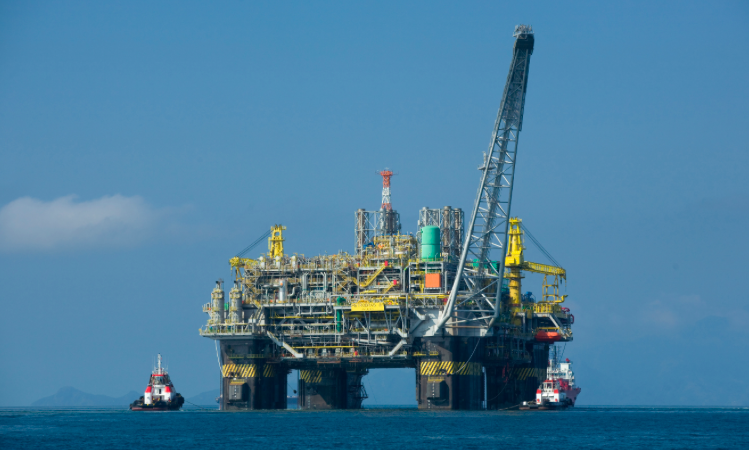It's too late for natural gas and shale gas to replace more polluting coal and oil -- we need renewables now.

Carbon emissions are due to increase 2 per cent in 2017 after plateauing for three years. Enough is enough — governments must end all support for the fossil fuel industry.
The release of the emissions findings from the Global Carbon Project come at the same time as climate talks regarding implementation of the Paris Agreement are taking place in Bonn, Germany for the COP23 summit.
We can hope that the findings provide greater imperative for accelerated decarbonisation that goes beyond Paris Agreement commitments that have already proven to lack necessary mitigation to stop warming above 2 degrees.
The action now required to meet the mitigation targets will be wide-ranging and tough for political leaders to accept, but it’s necessary.
A recent Friends of the Earth report recommends that EU member states stop support for all fossil fuel projects, including new exploration for oil, gas, and coal, and ban unconventional fossil fuels, including shale gas.
The report is based upon findings by Anderson and Broderick in the report Climate Change and Natural Gas which states that
“There is categorically no role for bringing additional fossil fuel reserves, including gas, into production”.
UK carbon emissions have been steadily falling due to the use of natural gas as a replacement for plummeting levels of coal use.
However, there is widespread resistance to the attempts by business and Government to promote a fledgling domestic fracking industry to provide shale gas as a bridge fuel in the fight against climate change.
It is precisely the current exploration for, and transition to gas that is a major concern to climate activists the world over.
The idea of using unconventional shale gas, obtained by hydraulic fracturing (fracking) as a bridge fuel is short-termism that fails to commit to energy decarbonisation.
The risk of using natural gas as a bridge fuel is that of carbon lock-in – the concept that the promotion of large-scale fossil fuel energy infrastructure inhibits the growth of alternative, low-carbon energy systems.
Climate activists have staged continuous protest in opposition to the use of shale gas throughout the UK such as at the site of Caudrilla’s operations at Preston New Road in Lancashire.
The protest site in Kirby Misperton, Yorkshire has recently made headlines whereby Green Party Co-leader Jonathon Bartley was dragged along the road by police whilst attempting to deliver a speech.
This all comes at a time when UK public opinion is at an all-time low, with only 13% of those surveyed supporting fracking, according to recent survey results.
Even though some commentators, including the environmental economist Nicholas Stern have warned against reading too much into the 2% increase, it is a stark reminder that the fight for rapid decarbonisation is as salient as ever.
To reach hundreds of thousands of new readers we need to grow our donor base substantially.
That's why in 2024, we are seeking to generate 150 additional regular donors to support Left Foot Forward's work.
We still need another 117 people to donate to hit the target. You can help. Donate today.



